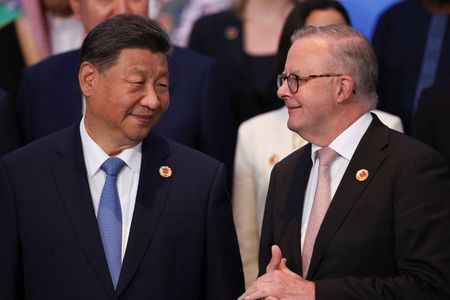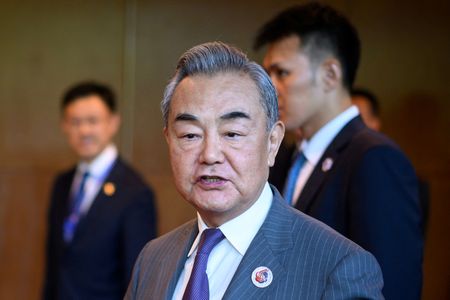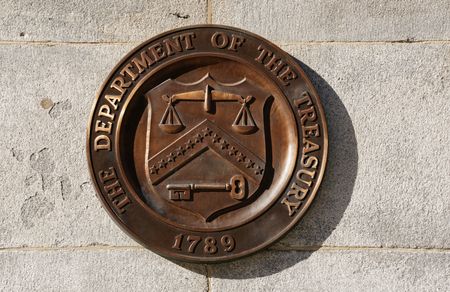By David Brunnstrom and David Lawder
WASHINGTON (Reuters) – The U.S. Commerce Department has delayed a difficult decision on whether to upgrade Vietnam to market economy status by nearly a week until early August, citing IT disruptions, according to a Commerce memorandum.
A decision on the upgrade Hanoi has long sought had been due by Friday.
An upgrade is opposed by U.S. steelmakers, Gulf Coast shrimpers and honey farmers, but backed by retailers and some other business groups.
It would reduce punitive anti-dumping duties set on Vietnamese imports given its current status as a non-market economy marked by heavy state influence.
A Commerce Department memorandum dated Wednesday and seen by Reuters said that “in light of ongoing disruptions to U.S. Department of Commerce … IT resources and platforms” deadlines for final determinations in anti-dumping cases would be extended “by a total of six days.”
The memo was filed in the Commerce Department’s public case docket for the Vietnam non-market economy status review.
A Commerce spokesperson did not respond to a request for more information about the delay.
It said the step was essential given work stoppages related to the software update by cybersecurity firm CrowdStrike last week that caused global IT outages.
A July 26 deadline set by Commerce for the Vietnam announcement became awkward after the death last week of Vietnam’s Communist Party leader Nguyen Phu Trong, as it would have coincided with his state funeral set for Friday.
U.S.
Secretary of State Antony Blinken had been due to stop in Vietnam for Friday’s funeral at the start of an Asia tour, but he is now expected to pay his respects to Trong’s family at the weekend.
During his time as party head Trong pursued a pragmatic foreign policy, including nurturing ties with the United States.
Analysts said announcing a negative outcome of the Commerce review on the same day as his funeral could have been damaging to ties Washington has worked equally hard to foster in the face of growing strategic competition with China.
Vietnam has long argued it should be freed of the non-market label because of recent economic reforms and said that retaining the moniker is bad for increasingly close two-way ties that Washington sees as a counterbalance to China.
Opponents of upgrading Vietnam – one of 12 economies labeled by Washington as non-market, including China, Russia, North Korea and Azerbaijan – argue that Hanoi’s policy commitments have not been matched by concrete actions and it operates as a planned economy governed by the ruling Communist Party.
Alexander Vuving of the Hawaii-based Inouye Asia-Pacific Center for Security Studies, said it was a “painful’ decision for the Biden administration, given its competing desires to court Vietnam and to assuage domestic labor and industry lobbies with the Nov.
5 presidential election fast approaching.
“Trong’s death could put more pressure on the U.S. to court Vietnam in the context of the U.S.-China rivalry.” he said. “The first days of Vietnam’s new leadership – is important in setting Vietnam’s future direction.
“The decision will depend much on whether the election concerns weigh more than the great power competition concerns, and whether the White House wants to influence the Commerce Department or to encourage it to make an unbiased decision.”
During a visit by U.S.
President Joe Biden to Hanoi last year, the U.S. and Vietnam elevated ties to a comprehensive strategic partnership and U.S. Treasury Secretary Janet Yellen has promoted Vietnam as a “friend-shoring” destination to shift U.S.
supply chains away from China.
(Reporting by David Brunnstrom and David Lawder; Editing by Diane Craft)







